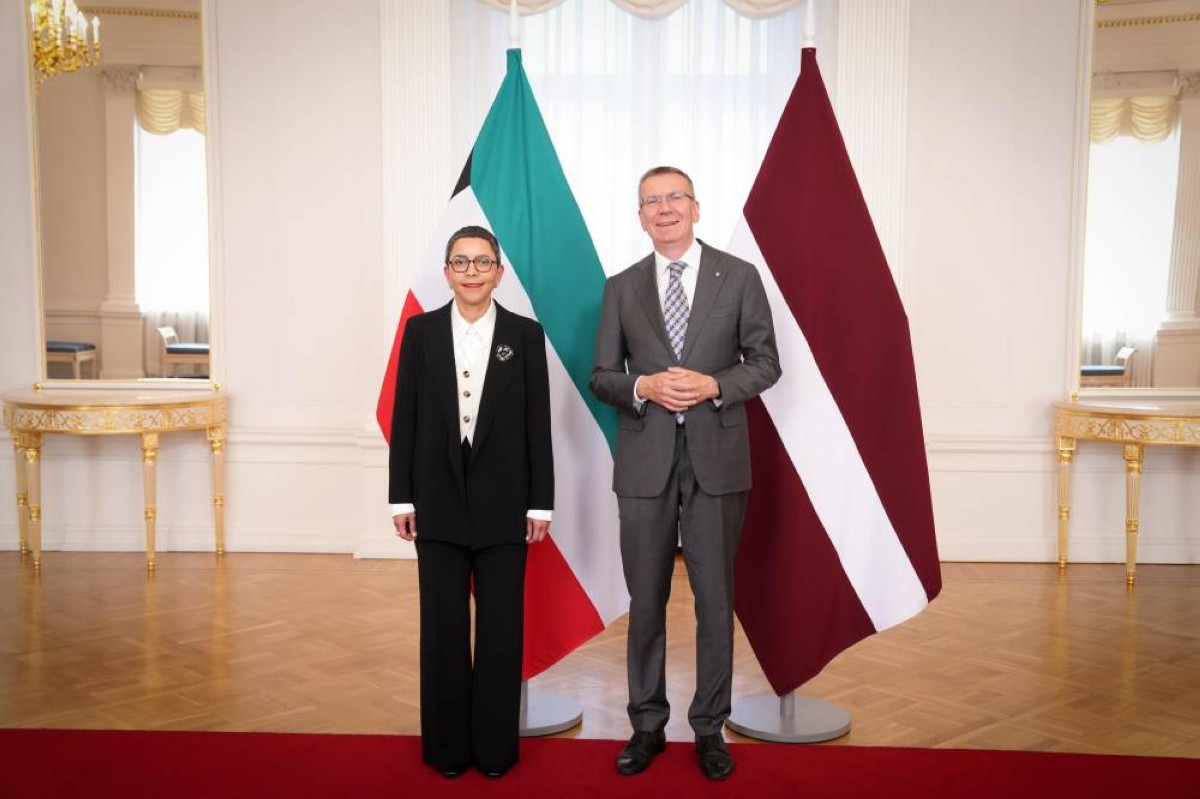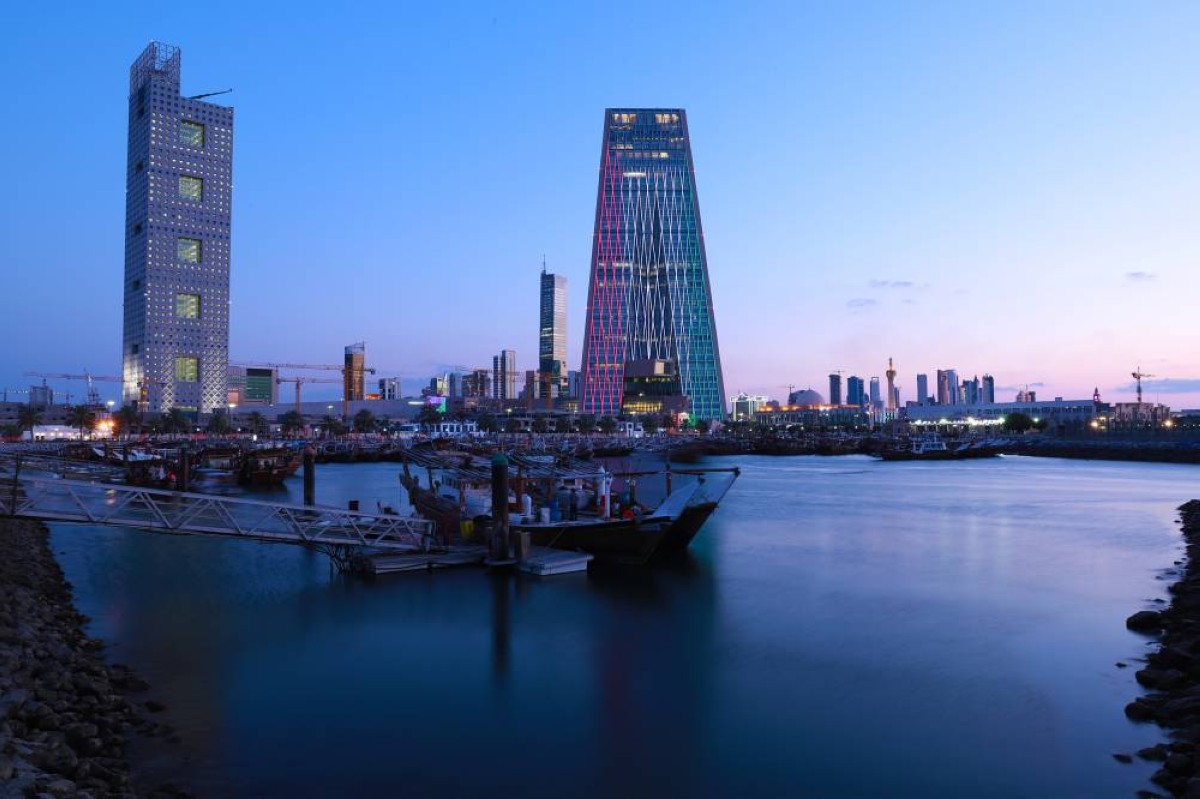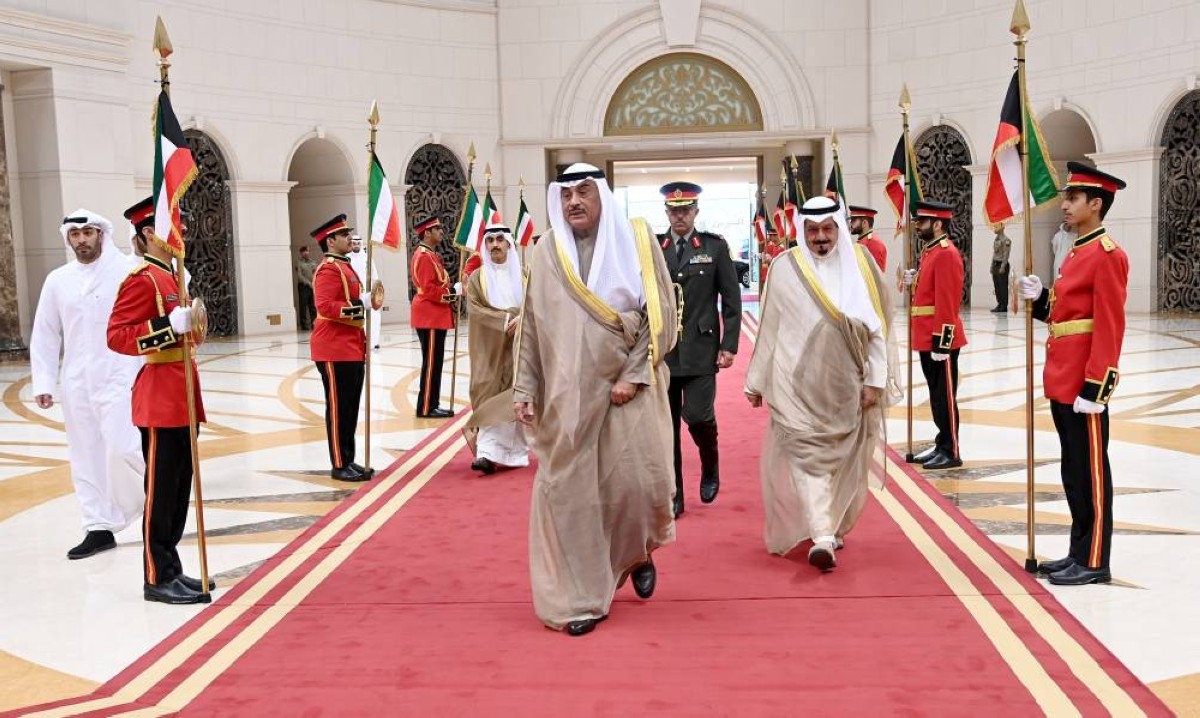By Hajar Al-Failakawy
As I sit comfortably and safe at home, I cannot help but think about all the young girls in Afghanistan. These young girls with dreams and aspirations to become doctors, teachers, and engineers had their childhood stripped away from them and are being forced to marry at such a young age. Young girls who once smiled and went to school pursuing their education are now being locked up behind closed walls unable to live their lives due to the societal norms placed by their community.
I keep wondering, when and how did we as humans let this happen? It breaks my heart to witness the misery of Afghani girls under the Taleban authority. Their lives are being rewritten in the harshest ways possible while the world’s silence is deafening. Since the Taleban took authority in 2021, the suppression of girls and women has been systematic and brutal. According to the UNICEF, roughly 1.1 million girls have been denied the right to continue their education and pursue secondary school. Girls are also banned from attending university and pursuing higher education. They are restricted to their homes, unable to leave without a male guardian accompanying them. Some girls are forced to marry as young as the age of ten.
This is not right, it is outrageous as they are only children trying to navigate life and learning how to live. These girls are being stripped of every right and any goal they ever had in pursuing a future career.
Many of us were raised to believe that education is a right and that our gender does not determine our destiny. On the contrary, Afghan girls are being taught the opposite—that their way of thinking is irrelevant and that their voices are unimportant. They are also being taught that their fates have already been predetermined for them prior to being born.
In the eyes of the public, all of this is occurring in the name of faith. However, this is not Islam. This is not what Islam taught us. Girls are achieving in schools all over the Muslim world from elementary school to university. Many girls were able to lead in parliament and excel in careers such as medicine, law, and the arts.
The Taleban’s perspective is one of fear rather than faith. Fear that educated girls would become powerful and it would be an inconvenience for them. Many secret schools and other educational institutions continue to operate in basements, led by brave Afghan women who are willing to risk their lives just to educate these young girls. They are heroes in my eyes. However, they should not have to do this alone, nor should they keep education secret any longer.
I cannot stop thinking about what it is like to be a female in Afghanistan right now. Waking up every day to a world that says “no” to your dreams, keeping you from living your childhood, and restricting you from having a normal life. These girls must live in fear, watching their brothers leave to school while being told that they would never be like that and that their destiny is in the kitchen or marrying someone older. How could anyone imagine this type of pain? How could anyone imagine living a life like that?
We must do better to help those girls. The world has been turning a blind eye and looking away; we cannot keep doing this. Governments, organizations, and agencies must emphasize the importance of granting these girls access to education, whether through social media platforms, underground schools, or safe communal centers. The Taleban leaders must be held accountable until the rights of women and girls are restored.
Furthermore, Muslim-majority nations must raise their voice louder. Religious leaders and scholars must reject the use of Islam to justify and legitimize gender apartheid.
We must truly and actively care about this matter. This includes debating it, writing about it, and putting pressure on those in charge, such as governments. We should also share those young girls’ stories and stand with them. We must support them and make sure they feel safe and confident enough in sharing their stories.
These females are not just numbers, but they are sisters, daughters, and future leaders. We owe them more than pity; we owe them action and the justice they deserve. Every girl deserves to have a dream and future career to look forward to. Every girl deserves to study, grow, and be protected. It is such a shame that Afghan girls are unable to live the normal lives that other girls have. It is such a shame that they must go through such circumstances and with the world not caring enough to do anything. Every girl in Afghanistan deserves to know that she is not forgotten.
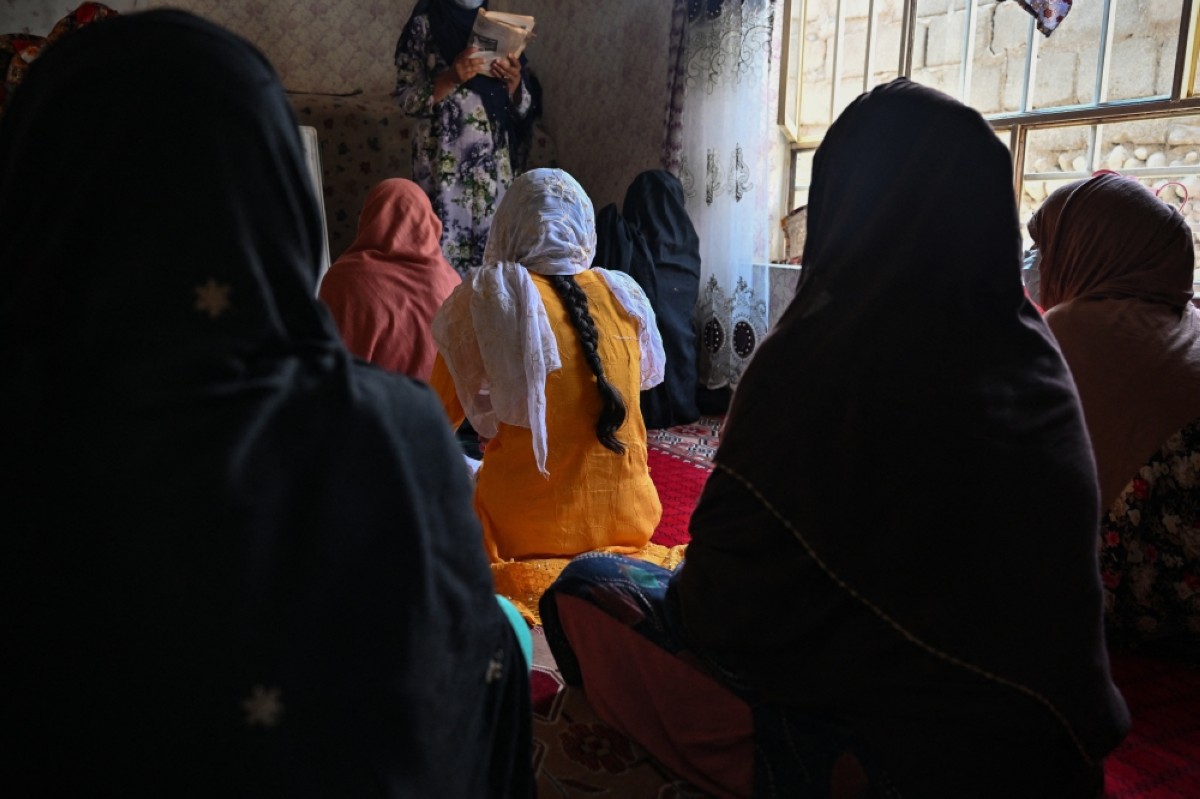

 Latest News10 hours ago
Latest News10 hours ago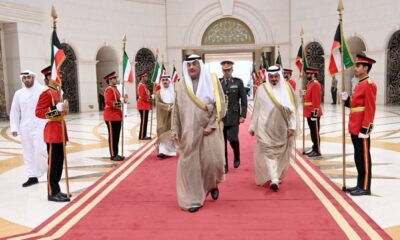
 Latest News9 hours ago
Latest News9 hours ago
 Politics7 hours ago
Politics7 hours ago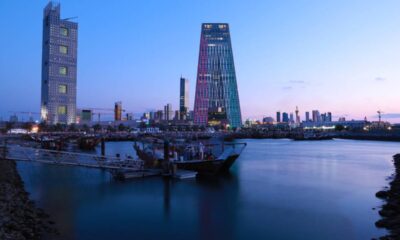
 Latest News7 hours ago
Latest News7 hours ago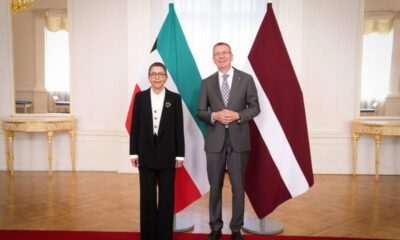
 Latest News6 hours ago
Latest News6 hours ago













